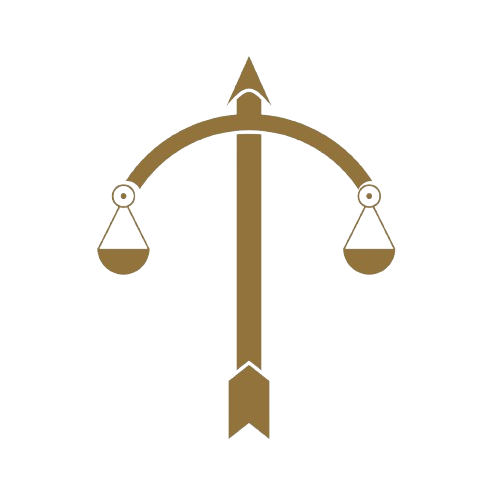What Is The Rule of Law
The International Court of Justice (ICJ) is the principal judicial organ of the United Nations. Established in 1945, it is based in The Hague, Netherlands, and often referred to as the “World Court.” Its main role is to settle legal disputes between states and to provide advisory opinions on questions of international law referred to it by UN bodies or agencies.
Unlike criminal courts, the ICJ does not try individuals. Instead, it focuses on matters brought by states, such as interpreting treaties, clarifying maritime rights, or addressing questions of international cooperation. For example, if two countries disagree about where their border lies, they can bring the matter before the ICJ for a legal resolution.
The court is made up of 15 judges, elected for nine-year terms by both the UN General Assembly and the Security Council. This structure is designed to ensure representation from the world’s major legal systems and to reinforce the court’s impartiality.
One of the strengths of the ICJ is that its judgments are binding on the parties involved, though it relies on states to comply voluntarily. In practice, most states respect its rulings, since the ICJ provides a peaceful and legal alternative to prolonged disputes.
By offering a forum for legal resolution, the ICJ supports stability, fairness, and order in international relations. Understanding its role helps clarify how international law is applied at the highest level.
